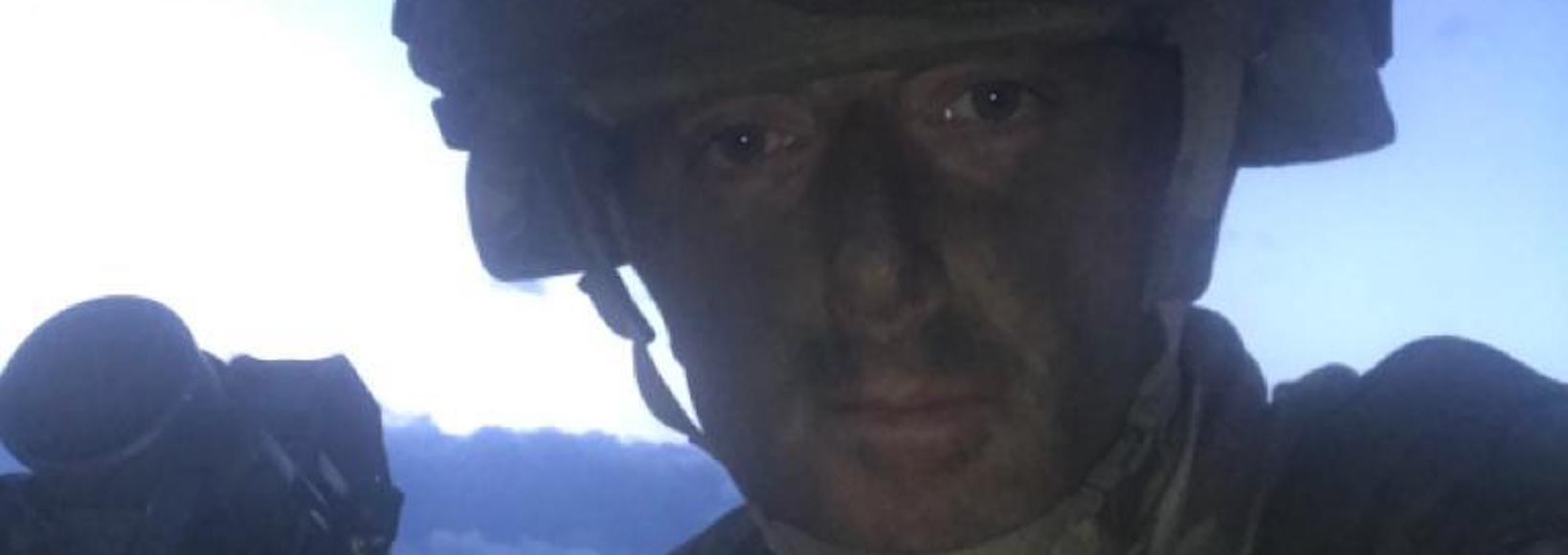
Army to civilian general practice - the questions I’m most often asked
We spoke with Dr Piers Foster about how his military career has informed his approach to General Practice at Coyne Medical.
Why did you become an army doctor?
This is a common question as nobody in my family was medical or military before me! I wanted to be a doctor from as early as I can remember and had my GCSE’s and A-levels chosen by the time I was 10 I recall. But I also was at quite a military-minded school. I enjoyed CCF and had this nagging hope that perhaps I wouldn’t get into medical school so I could go and join the army instead! When I got a place in Edinburgh I felt I couldn’t turn it down. Whilst there I met a great friend who was also minded to pursue military medicine. This made the laborious process of corresponding with and visiting the recruiting people in Surrey much easier. A burden shared is a burden halved! We both got a place and ultimately became army GPs.
What did you do in the army?
I joined the army whilst training on what was called a cadetship, committing me to several years after I’d qualified. I went through the standard junior doctor time in hospitals. The only difference being I wore a uniform and I didn’t have to worry about applying for specialist training at that stage. After a couple of years, you head off Sandhurst and then do further military medical training. This is to prepare you for some of the things you might encounter that routine UK junior doctor training doesn’t cover (advanced trauma, tropical medicine, public health, occupational medicine). You then essentially work in general practice and deploy to various places around the world before deciding what you’d like to be when you grow up.
I enjoyed it so much I opted to then do my GP training and extend my time with the army. I spent 5 years as Regimental Medical Officer to the Irish Guards. I ran a GP surgery on my own, managed a team of medics, looked after 600 soldiers striving for optimum health and fitness, and went away with them when they deployed – the best job in the world! It’s normal general practice a lot of the time – but in uniform and with more standing to attention and saluting. At the end of the day though, a patient is a patient and you treat them the same wherever you are.
If you enjoyed it so much why did you leave?
The last time I deployed away from home my 2-year-old daughter told me she didn’t want me to go away any more. I realised I could no longer justify leaving my wife and young children while I went away to dangerous environments. This is manageable most of the time but in uncertain geopolitical times there was often very little notice, sometimes hours or days, of going away for protracted periods. My wife works and is good at it, it just wasn’t fair to leave her on her own for so long any more.
Do you miss it?
I definitely do miss elements of it, particularly the camaraderie and adventure. None of my patients call me ‘Sir’ any more! But I loved delivering healthcare out of a tent or even just a rucksack, miles from civilisation and in testing but beautiful environments. But as with all enjoyable phases of your life, it’s now just what I used to do. The wealth of experience it gave me is applicable to civilian life and general practice. I really feel it enhances my skills as a GP. Perhaps the element I miss most of all is that in order to balance the 24/7 intensity of overseas, the routine when in the UK is designed to give an excellent work-life balance. Sports afternoons, long weekends and adventurous training all make for a great lifestyle!
You must have seen some awful things….?
Of course, there were some very seriously injured people on occasion. But without wishing to sound too cliched the training really does prepare you for it. So, when you see extreme levels of injury, it doesn’t feel like the first time. You are always very well supported because your non-medical colleagues understand the importance of protecting the doctor and medics. The military is also embracing technology. Connecting healthcare professionals wherever they are in the world. I chatted to a consultant in Birmingham from a hilltop in a remote jungle (with 1 bar of 3G reception!) about a memorable challenging case!
How does it compare to civilian general practice?
I think the most useful trait military medicine engrains in you is calmness in a crisis allowing you to make decisions. Being very unwell is terrifying for the patient, and to see a doctor panicking doesn’t help! The military role can throw you into the deep end of a seemingly overwhelming task. In the Army, I learnt you can always step back, take a deep breath and start calmly chipping away at the problem. Military training really hammers home the importance of interrogating the facts to develop a workable plan and then remaining flexible as the plan invariably has to change. Much like medicine really. So that translates for me into trying to be really decisive as a doctor which hopefully, provides clarity and reassurance to a patient. I always strive for a workable treatment plan with contingencies to fall back on if things take a turn for the worse.
How did you end up with Coyne Medical?
My good friend who is a paediatrician recommended we bring our daughter here for a great service when we wanted her chickenpox jab. My wife mentioned to Hugh that I was leaving the army, and the rest just fell into place really! At the time I was living nearby – I’ve since moved out of London, but the commute is worth it!